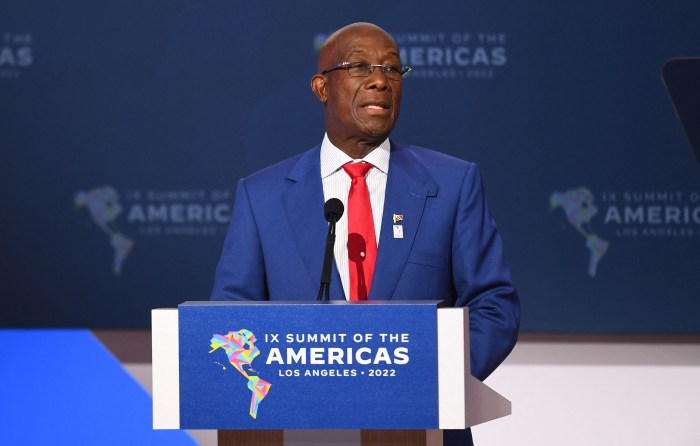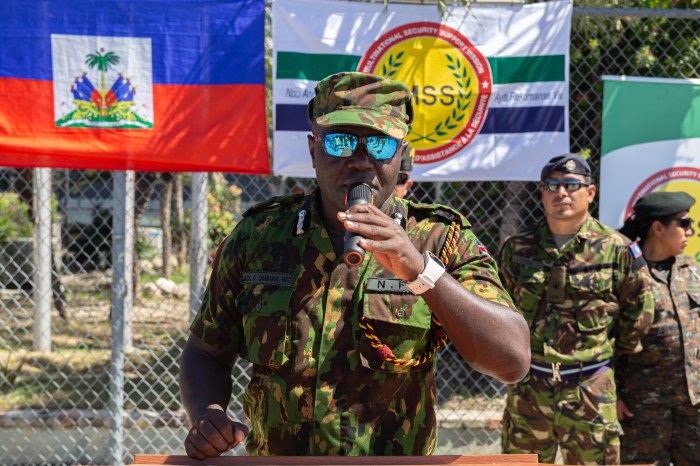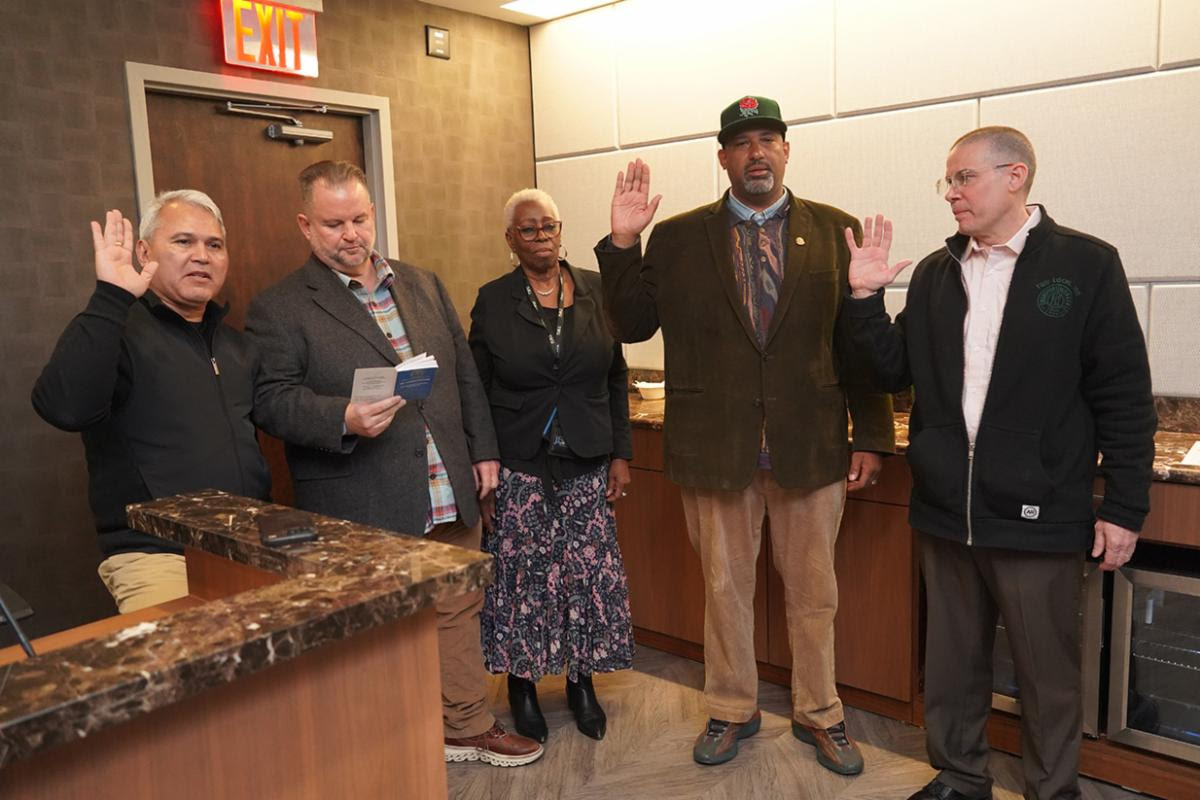Jamaica’s political directorate this week braced for the cancellations of more American entry visas following the revocation of travel privileges of a cabinet minister, an opposition lawmaker and several senior police officers in recent days.
Islanders remain baffled as to why the State Department would have cancelled the visas of junior economic growth and job creation minister Daryl Vaz and opposition lawmaker, Phillip Paulwell. Paulwell is the campaign director for the opposition People’s National Party (PNP), while Vaz who in the past decade was forced to renounce his American citizenship to satisfy parliamentary qualification rules, has proverbially lost both ‘corn and husk” as his ordinary entry visa has now been pulled. Confirmation about the revocations have come from both camps in the past week.
The cancellations have caused deep tensions in the halls of both government and the opposition, leading to widespread speculation as the reasons behind the thinking of the Trump administration.
So far no one has proffered a possible credible explanation for Vaz’s plight but many islanders and political pundits are focusing on the fact that Paulwell might be in the cross hairs of officials in Washington who are upset with him for being the point man to the Cuban government on telecommunication liberalization and increased internet access.
Given decades of hostilities between Washington and Havana, American telecommunication providers would lose out big time if the sector is freed up as they would not be able to bid as services providers because of the economic and other forms of blockades in place against Cuba. Paulwell has also been a key player in keeping the dialogue open between the Caribbean and the Venezuelan government which the Trump administration has vowed to topple by any means necessary.
Jamaican author Chester Francis Jackson argues that Paulwell is being spited because of his work in Cuba, in particular, as American companies will” not benefit from the move because of their own punitive embargo.
“The US did this before when they blacklisted Jamaican business, cancelled their visas and the visas of lawyers for daring to do business with the Chinese firm, Huawei. If Prime Minister Andrew Holness had any balls at all, the thing to for him to do is to summon the US ambassador to Jamaica House for an explanation,” said Jackson.
Regarding the police officers, local media is reporting that six members of the force have lost their visas largely because of alleged extra judicial killings and other infractions. The list includes Senior Superintendent Terrence Bent who had headed up the now disbanded quick response unit, accused of a number of extra judicial killings over the years.
As Jamaicans brace for the possibility of even more cancellations, the Gleaner Newspaper said in an editorial this week that both the US, the government and the opposition owe the populace some kind of logical explanation.
“When the United States revokes the visa of a member of another country’s government, or a senior member of its opposition, as happened with Jamaica recently, that is a significant development that requires explanation, if not from the United States, then from the affected parties. For, while it is not absolutely necessary for a Jamaican minister to hold a US visa to do his or her job, the United States remains the world’s greatest power and international partner with which Jamaica conducts business. The revocation of a visa can complicate that relationship and, in the absence of an explanation of the reasons for the decision, the tendency of the public is to assume it has to do with the integrity of the persons involved,” the paper said.
It harked back to 2011 when the visas of a number of officials, including then energy minister James Robertson, the then police chief, officials in the civil service and private sectors were pulled noting that “no explanation was offered in any of these cases, leaving the public to speculate on the causes, usually the worse. But whatever the basis of America’s action, Messrs Holness (prime minister) and opposition leader Peter Phillips owe it to the public to declare the principles and codes of behavior by which they expect members of the government and their parties to operate, the basis of assessment against these obligations, and the sanctions to be applied when they are breached.”


























